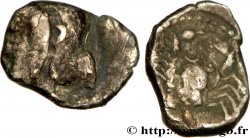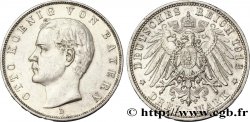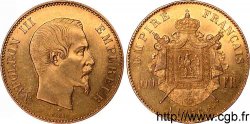无库存.
所有在网站上销售的产品 (2023)
价格 : 2 000.00 €
所有在网站上销售的产品 (2023)
价格 : 2 000.00 €
种类 “Drachme légère” ou tétrobole, incuse de revers
日期: c. 121-49 AC.
铸币厂名称/城市 Marseille (13)
材质 silver
直径 16 mm
重量 2,60 g.
稀少度 R3
关于品相的说明
Magnifique revers et fantastique frappe incuse. Exemplaire recouvert d’une patine de collection
出版目录中的项代码 :
正面
正面的文字 INCUSE.
背面
背面的文字 LETTRES GRECQUES DEVANT LE LION ET À L’EXERGUE.
背面的说明书 Lion passant à droite.
背面铭文 MASSA/ X // AAE
评论
Pour ce type précis, seulement neuf exemplaires sont répertoriés ; dont quatre à la BN, une à Lyon et une autre à Marseille.
Les monnaies incuses de revers pour ce type de drachme restent particulièrement rares et recherchées, c’est la première fois que nous en présentons une à la vente et il ne semble pas en être passé d’autres depuis plusieurs années !.
For this specific type, only nine examples are listed; four of which are at the National Library, one in Lyon and another in Marseille. Reverse incus coins for this type of drachma remain particularly rare and sought after; this is the first time we have presented one for sale and no others appear to have been sold for several years!
Les monnaies incuses de revers pour ce type de drachme restent particulièrement rares et recherchées, c’est la première fois que nous en présentons une à la vente et il ne semble pas en être passé d’autres depuis plusieurs années !.
For this specific type, only nine examples are listed; four of which are at the National Library, one in Lyon and another in Marseille. Reverse incus coins for this type of drachma remain particularly rare and sought after; this is the first time we have presented one for sale and no others appear to have been sold for several years!







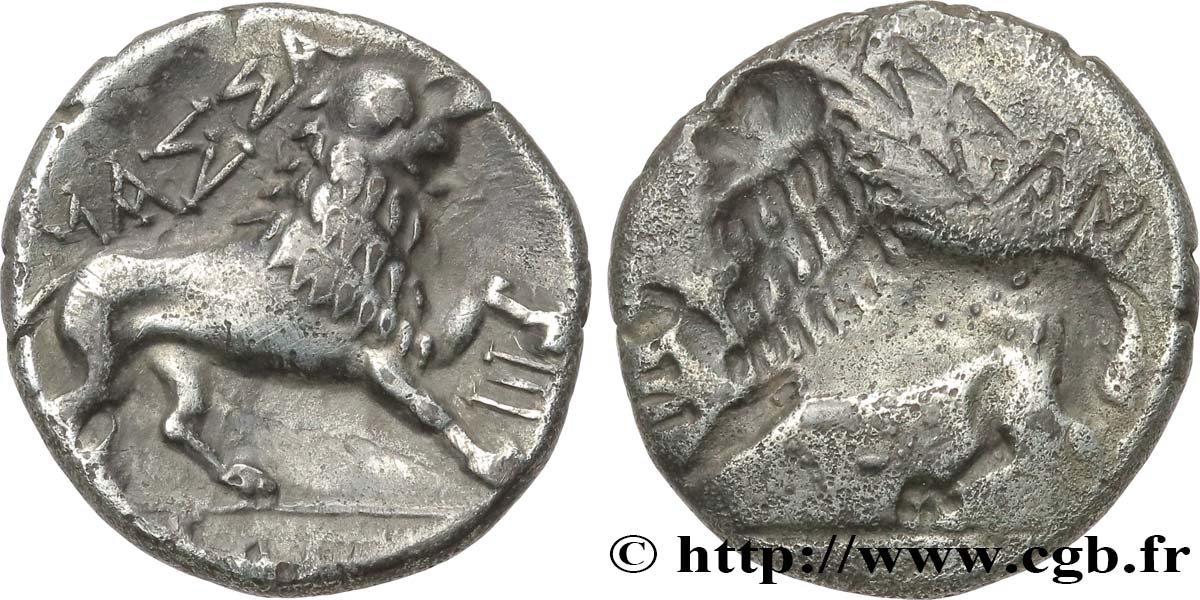
 对产品描述纠错
对产品描述纠错 打印
打印 分享我的选择
分享我的选择 提问
提问 Consign / sell
Consign / sell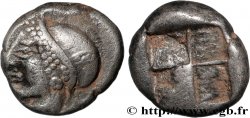
 产品介绍
产品介绍



